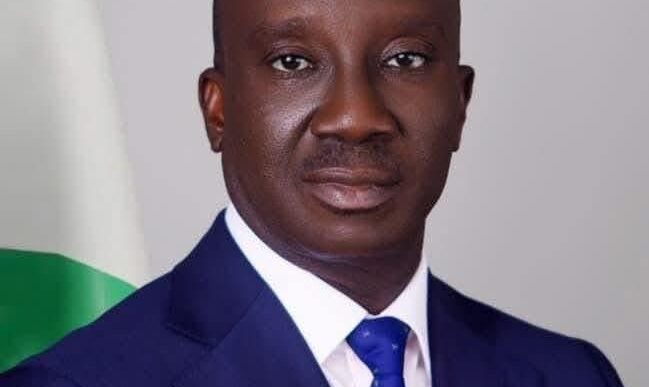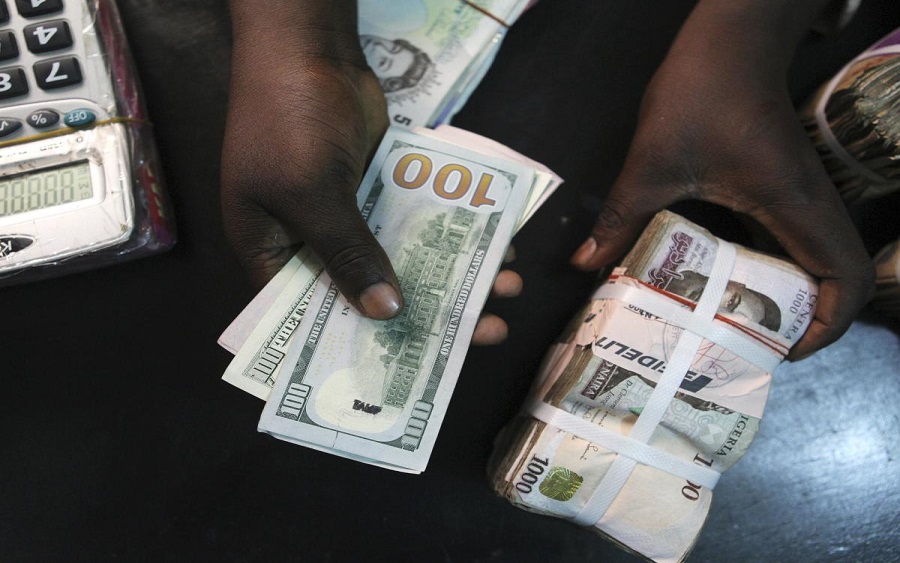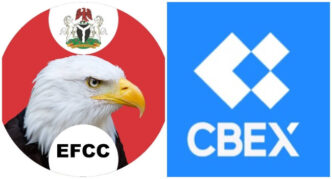British High Commissioner to Nigeria, Richard Montgomery, has said that President Bola Tinubu’s economic reforms are significantly improving Nigeria’s appeal to investors.
Gatekeepers News reports that during a press briefing in Abuja on Wednesday, Montgomery credited recent economic gains to key policy changes initiated by the Tinubu administration, including the removal of fuel subsidies and the unification of exchange rates.
The British High Commissioner noted that while the reforms have posed short-term challenges such as elevated inflation, their long-term impact is beginning to yield results.
He expressed agreement with World Bank’s May 2025 Nigeria Development Update, noting that there are macroeconomic indicators such as the stabilisation of naira, increased foreign exchange reserves, and enhanced government revenue collection.
Montgomery added, “ “Foreign exchange reserves are up, significantly up, so that makes Nigeria less risky. There’s been a very big increase in government revenue collection, not by raising tax banks, but by tax administration and management.”
“It’s almost a 90 per cent increase in the amount of resources we’ve collected, partly through administrative management and making sure that revenues from various MDAs reach the treasury, and that increase in revenue means reductions in fiscal deficit.”
“It means that the combination of increased revenue and the abolition of the fuel subsidy have doubled federal allocations to the states, enabling more investments in infrastructure as well as public services.”
“Most importantly, we’re seeing a growth rate in Nigeria too, so between 2015 and 2019, the growth rate in Nigeria was an average of 2 per cent.”
“It’s now, in the last 12 months, at least about 3.5 percent. But most positively, in the last quarter for which we have data, it’s up to 4.6 per cent. So there’s a real uptick in growth.”
He stressed that the reforms are building business confidence, as reflected in rising investor interest and an improved purchasing manager’s index (PMI).












